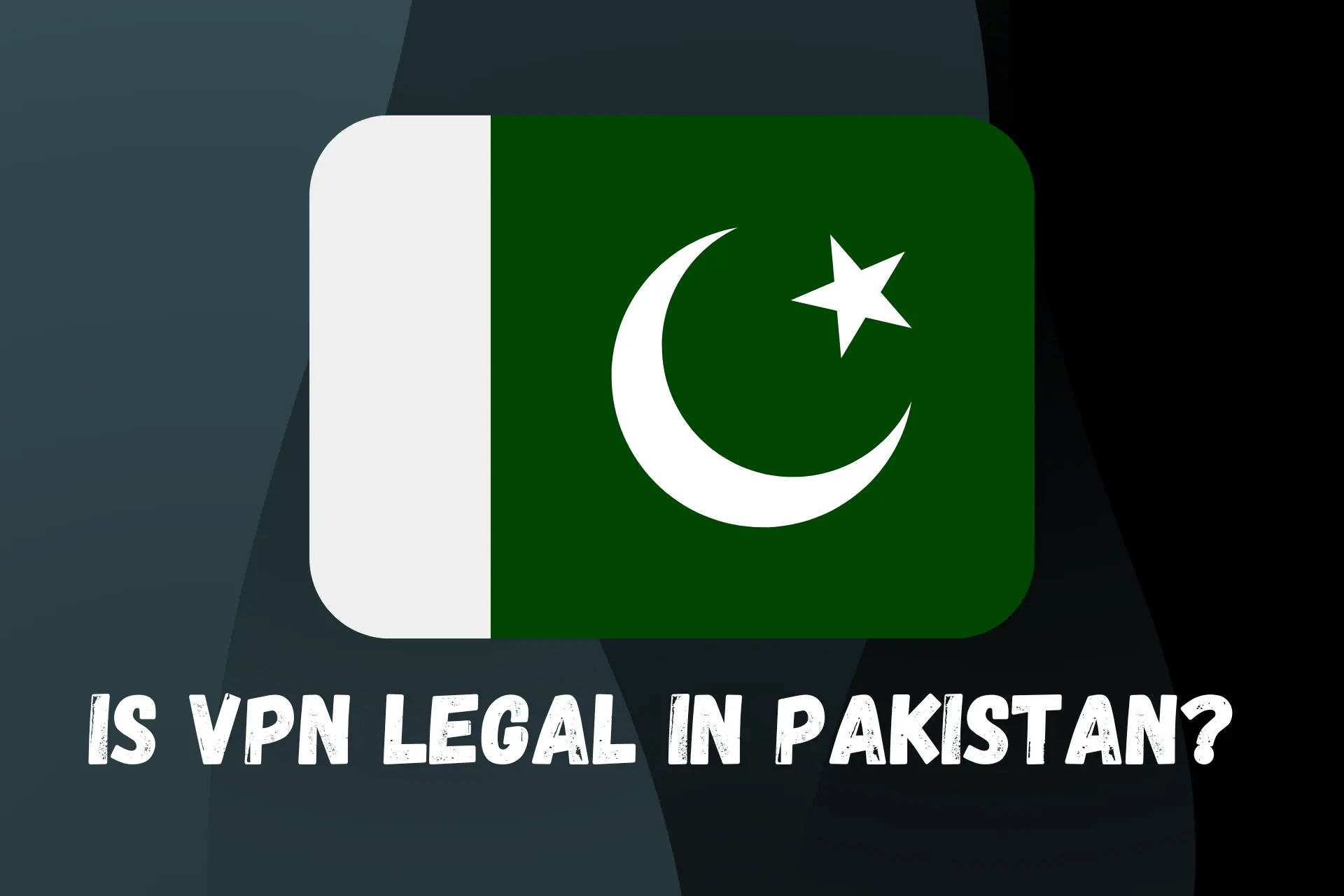Is VPN Legal in Pakistan? What You Need to Know
4 min. read
Updated on
Read our disclosure page to find out how can you help VPNCentral sustain the editorial team Read more

Is VPN legal in Pakistan? The Pakistani government is well known for impairing citizens’ digital life by shutting down several websites and apps. So you probably want to use a VPN when you’re there.
The first major ban in this country was in 2012 when it blocked access to YouTube and Facebook. Although the government lifted this restriction days after, it was a warning for websites to be careful.
This is what you need to know:
The Pakistani authorities do not tolerate blasphemous, violent, sexual, or immoral content. Hence, they would ban any media platform that does not adhere accordingly.
However, the question still remains if VPN is legal in Pakistan. Let’s find out!
Is VPN legal in Pakistan?
VPN usage is illegal if you aren’t using a PTA-registered VPN. You should know that the government can block VPNs and has done it before.
In the past, the Pakistani authorities had made several attempts to ban VPNs. Even the ISPs which were given the power to restrict VPNs couldn’t do so much.
Therefore, in 2020, the Pakistan Telecommunication Authority (PTA), issued a directive requiring all VPN providers to register with the government.
It also gave a warning that any citizen or ex-pat caught using an unregistered VPN would face a fine of up to Rs. 500,000.
This law brought about agitation with citizens complaining that the country’s administration was trying to invade their privacy.
However, the PTA maintained that the reason for this instruction was to monitor and stop illegal Voice over IP traffic.
Why is it a good idea to use a VPN in Pakistan?
Given the back and forth of internet restrictions in Pakistan, you’d be better off if you use VPN. Below are the benefits that come with it.
1. Bypass censorship
Over the years, Pakistan has circled around blocking and unblocking certain apps and websites. Most of the platforms hit with this experience are Facebook, TikTok, uTorrent, DeviantArt, and more.
In fact, the almighty knowledge resource – Wikipedia, was banned in February 2023 but given access a few days after.
However, the main target of the Pakistani government is VoIP and messaging apps.
Since there’s no certainty which app this country will block next, it is a good idea to use a VPN while in this region.
A VPN will encrypt your traffic and give you a new IP address that would make it seem as though you are in a different region. Hence, you’ll be able to freely go in and out of any restricted website or app.
2. Overcome ISP throttling
If you perform a data-consuming task like torrenting on normal internet traffic, internet service providers would throttle your bandwidth. They do this to manage network congestion and data usage.
In order to successfully complete your online activity without hitches, turning to a VPN would be a great choice.
That’s because with VPN the ISP won’t know what you do online, so it can’t throttle speed based on activity.
3. Protect online privacy
Pakistan monitors citizens’ activity online although it is pervasive to its users.
The 2014 Peshawar school attack by terrorists was cited as one of the reasons the government is keen on mounting surveillance on its people.
A Supreme Court hearing in Pakistan revealed that the ISI (Inter-Services Intelligence) tapped 6,523 phones in February and 6,819 in March 2015.
Furthermore, in 2016, Senator Saleem Mandviwalla of the Pakistan People’s Party, reported that the Federal government had authorized the tapping of his phone and interception of his personal data.
All the privacy concerns in this country make it important for you to subscribe to a VPN. We recommend that you opt for a premium VPN service if you truly want to conceal your digital footprint in Pakistan.
Are you asking why? Brace yourself for the revelation:
Free VPNs are susceptible to data leaks and there are likely to have less powerful encryption. All of these could leave you vulnerable to hacking and intrusive government observation.
Also, freemium VPNs may give out your information once the government requests it as Pakistan is not one of the best countries for VPN privacy.
On the other hand, the majority of the paid VPNs boast 256-bit military encryption, fast and stealth protocols, hundreds of servers worldwide and so much more.
Summary
Unlike other countries where using a VPN is frowned on, VPN is legal in Pakistan, but only if the said VPN is registered and approved by the PTA. However, the country has its fair share of privacy and data collection issues.
For example, in 2017, the Digital Rights Foundation published a report on the Pakistani government’s surveillance of seven female journalists.
With these few points, it’s good practice to use a VPN when in Pakistan to keep your personal information safe and your online connection secure.







User forum
0 messages